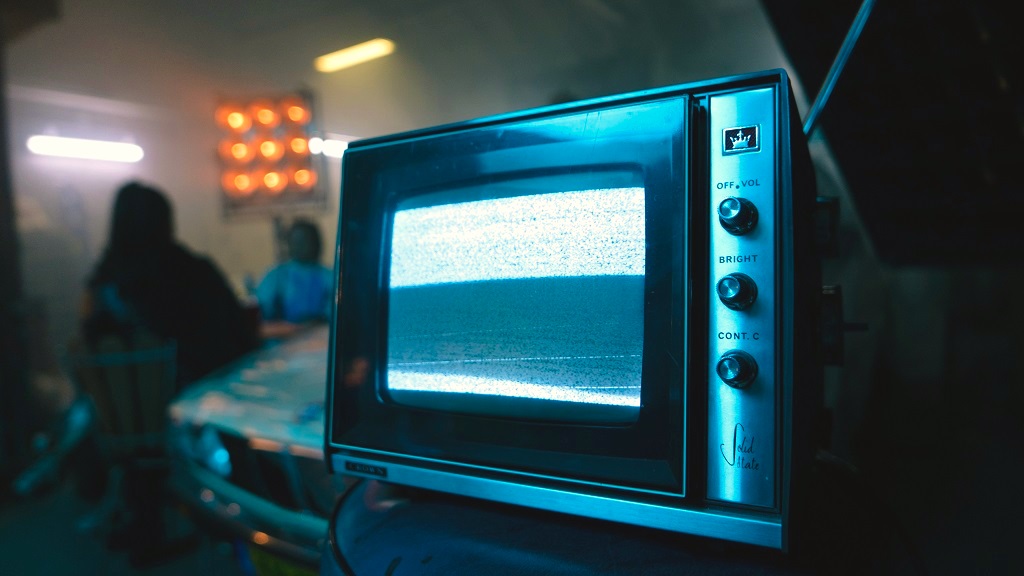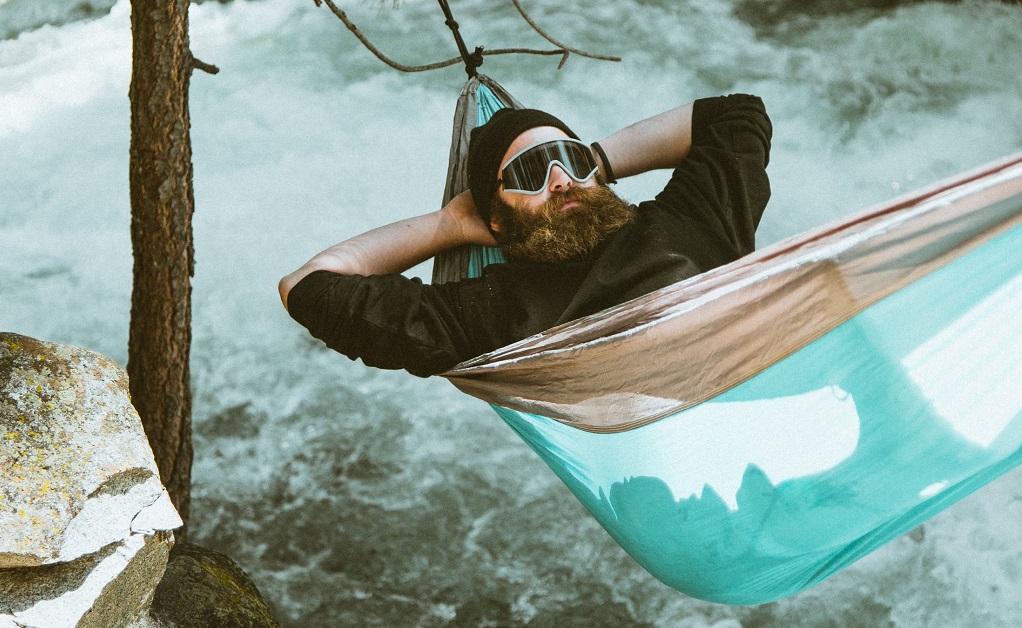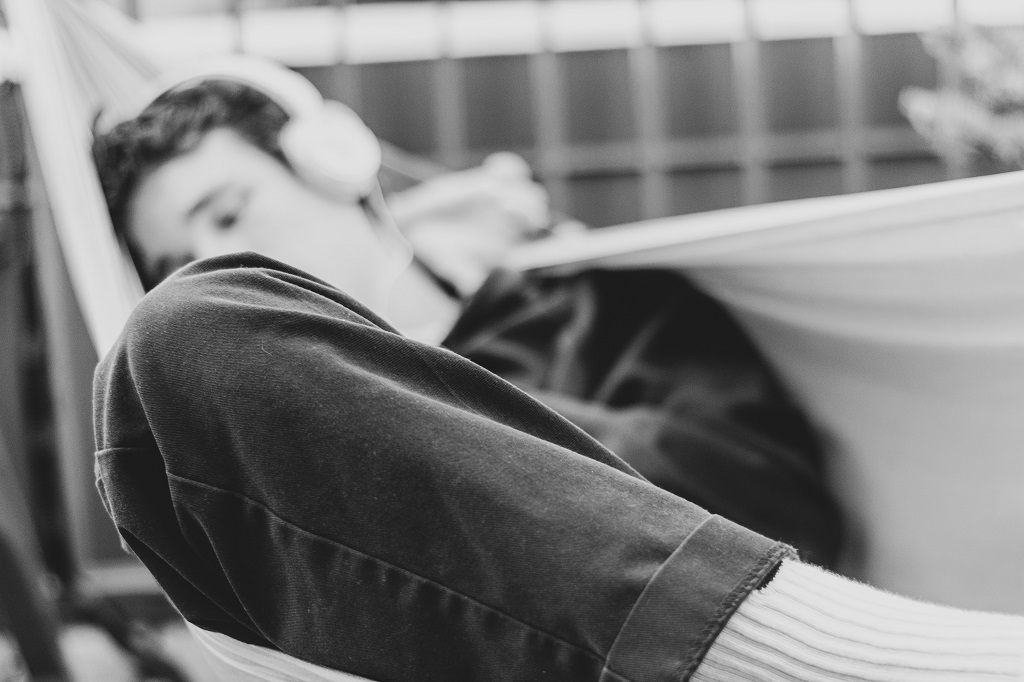
Photo by Daan Stevens / Unsplash
White noise features
Noise is harmful to human health, especially during sleep. Sounds with a volume of 40–55 dB - this is colloquial speech or rattle of the refrigerator - make the sleep of most people restless. According to the World Health Organization, stimuli with a volume of 55 dB increase the risk of cardiovascular disease and can lead to insomnia.
But there is noise that can have a positive effect - for example, white noise. It is a stationary signal with uniformly distributed high, middle and low frequencies. Therefore, it well masks acoustic stimuli. We will talk about technologies that use this feature to improve sleep quality.
For babies
Pink noise generators are used to relax and treat tinnitus (tinnitus). Also, a number of pediatricians recommend turning on white noise to infants - it is believed that it helps them fall asleep faster. Therefore, engineers from the University of Washington introduced a smart speaker for these purposes - BreathJunior. Additionally, it monitors the breathing and movement of children in a dream.
The speaker emits specially generated white noise. It is reflected from the child’s body and is captured by microphones. Then the system determines the difference in the two signals and draws conclusions about the condition of the baby - how often it breathes and tosses and turns. Engineers say the gadget successfully captures breathing from 20 to 60 breaths per minute.
The system also detects abnormalities in breathing, such as apnea . She was tested in the neonatal intensive care unit, and in general, doctors and experts respond well about the project. But there were concerns about the security of personal data. Residents of Hacker News note that the technology will most likely work with the most popular smart speakers on the market, so there is no need to talk about guarantees of data security.
And for adults
Adults can also "sleep like babies." There are special applications that generate noise. For example, MyNoise suggests adjusting the sound to your taste - like on the equalizer. You can also note the Weather for the Blind service - its author set up a system that in real time converts weather data (wind speed, temperature, precipitation) into a special noise. Falling asleep under it can be much nicer than under the howl of alarms. White noise playlists can also be found on streaming services such as Spotify or Deezer .

Photo Dane Deaner / Unsplash
Special acoustic devices are also being developed in this area. Last year, Bose announced new sleep headphones. They won’t be able to listen to music - only noise and soothing tracks. There are ten songs in the device’s memory with a frequency that blocks traffic noise outside the window and snoring. A similar device was introduced by Kokoon - their headphones can generate not only white, but also other types of color noise that contribute to relaxation.
but on the other hand
One may find in the medical community that listening to white noise for a long time can damage your hearing. There is also information that white noise harms the brain. Experts say that the brain reacts negatively when it regularly receives random information. Although other studies say that white noise does not adversely affect the human body and nervous system, if the sound volume does not exceed 50 dB ( page 2 ).

Photo by Sean Benesh / Unsplash
If we move away from the discussion about the dangers or benefits of white noise, one more fact remains - it is not suitable for everyone. Someone just can't sleep with a constant background hiss. One such person is the writer and columnist of The Guardian, Rhik Samadder. He says that the white noise makes him feel as if he was locked in an old overheating computer. Therefore, Rick prefers to fall asleep to the monotonous voices of people or music.
Experts from the National Sleep Foundation in the United States say it’s better to give preference to music - slow compositions (60–80 BPM). Most often it is a classic or jazz. But in any case, everyone chooses the genre on their own. There are people who quickly fall asleep to metal or hard rock, someone likes to listen to folk - it all depends on personal preferences.
What to read in our "Hi-Fi World":
 What gadgets will help reduce ambient noise and “catch” the concentration
What gadgets will help reduce ambient noise and “catch” the concentration
 What noise helps to relax, and yet - prevents hearing loss in severe accidents
What noise helps to relax, and yet - prevents hearing loss in severe accidents
 Better sleep and better work - how music helps fight noise
Better sleep and better work - how music helps fight noise
 Headphones at work: what research says
Headphones at work: what research says
 Music for efficient work: what you need to know
Music for efficient work: what you need to know
 Sound ecosystem: what is it and how to work with it
Sound ecosystem: what is it and how to work with it